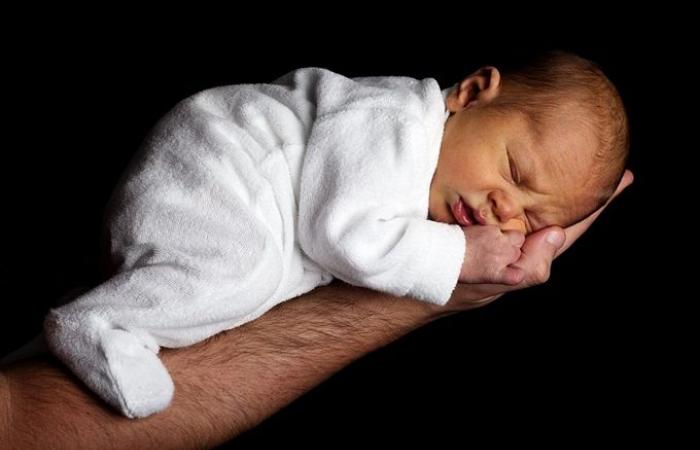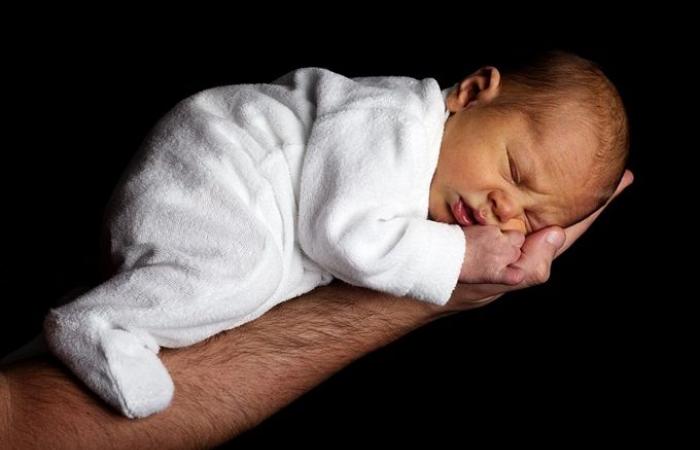England and Wales are facing an unprecedented demographic situation: the birth rate has reached its lowest level in history in 2023. According to data published by the Office for National Statistics (ONS), the fertility rate fell to 1.44 children per woman, a figure well below the replacement threshold of 2.1 children needed to maintain a stable population.
This downward trend, observed over the past ten years, is explained in particular by a reduction in births among young women aged 20 to 29. The reasons for this decline are multiple and complex, and could include economic, social and cultural factors.
The consequences of this drop in the birth rate are significant and could have repercussions on the whole of British society. In the long term, it could lead to a reduction in the working population, an increase in the weight of the elderly and increased pressure on the pension and health systems.
Experts are also concerned about the economic consequences of this development. An aging population and shrinking workforce could slow economic growth and lead to higher taxes.
To face these challenges, the British government will have to put in place ambitious policies on birth rates, retirement and immigration.







